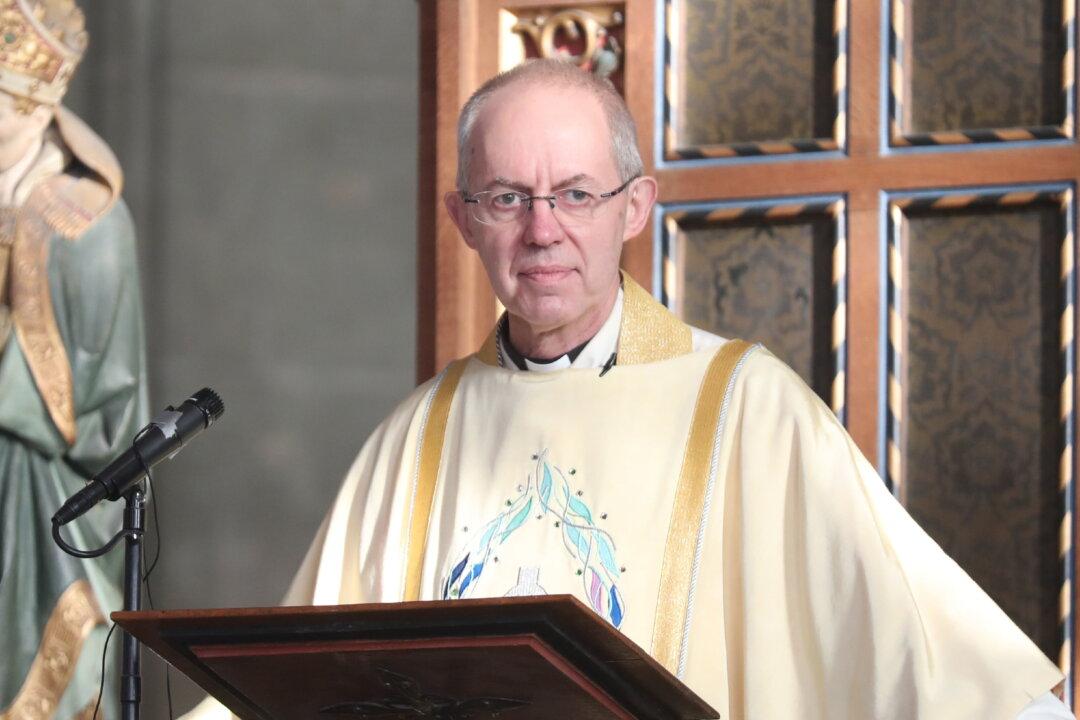The Church of England (CofE) and the Archbishop of Canterbury have announced plans to pay £100 million in a reparations-style fund to support “communities affected by historic slavery.”
On Tuesday, the Church Commissioners for England published a report into historic links to transatlantic chattel slavery, and announced a new funding commitment of £100 million.





